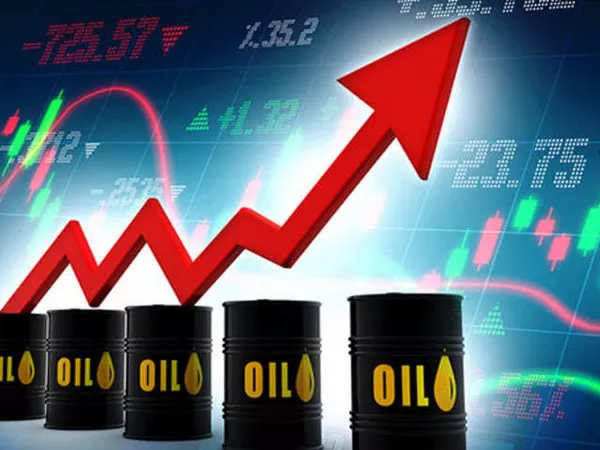The escalating geopolitical tensions in the Middle East, triggered by Hamas’ recent assault on Israel and the subsequent retaliatory strikes on Gaza, have sent shockwaves through the international oil market, resulting in a significant surge in oil prices. During Asian trading hours on Monday, Brent crude prices surged by more than $3 per barrel, reaching approximately $87 per barrel at 06:23 GMT.
Israel is currently grappling with unexpected attacks from Hamas, igniting a conflict that Israel’s ambassador, Michael Warzog, has characterized as “war.” This stance underscores Israel’s unwavering determination to confront and eliminate the threat posed by Hamas. The conflict has provoked intense reactions in the Bay Area, leading to spirited counterprotests between Palestinian supporters and Israeli loyalists in San Francisco.
Jewish community leaders and members gathered at a synagogue on Monday to condemn Hamas’ actions, particularly their involvement in the murder and kidnapping of hundreds of Israelis. Tyler Gregory, CEO of the Jewish Community Relations Council, outlined Israel’s primary objectives, which include eliminating terrorists and securing the release of hostages. Israel has already initiated retaliatory airstrikes in Gaza, including the targeting of a 14-story apartment building.
Wassim Hage, who heads the Arab Resource and Organizing Center, characterized Gaza as an open-air prison. On the other hand, Israeli Consul General Marco Sermoneta expressed the belief that Hamas had underestimated Israel’s resolve, stating, “We have no other option.”
Despite these developments, Goldman Sachs does not foresee any immediate significant impact on near-term oil market inventories. However, the banking giant has highlighted potential ramifications on Saudi oil production, stemming from potential disruptions in the normalization of Israel-Saudi relations. The current situation in the Middle East has been metaphorically likened to a powder keg with a lit fuse.


